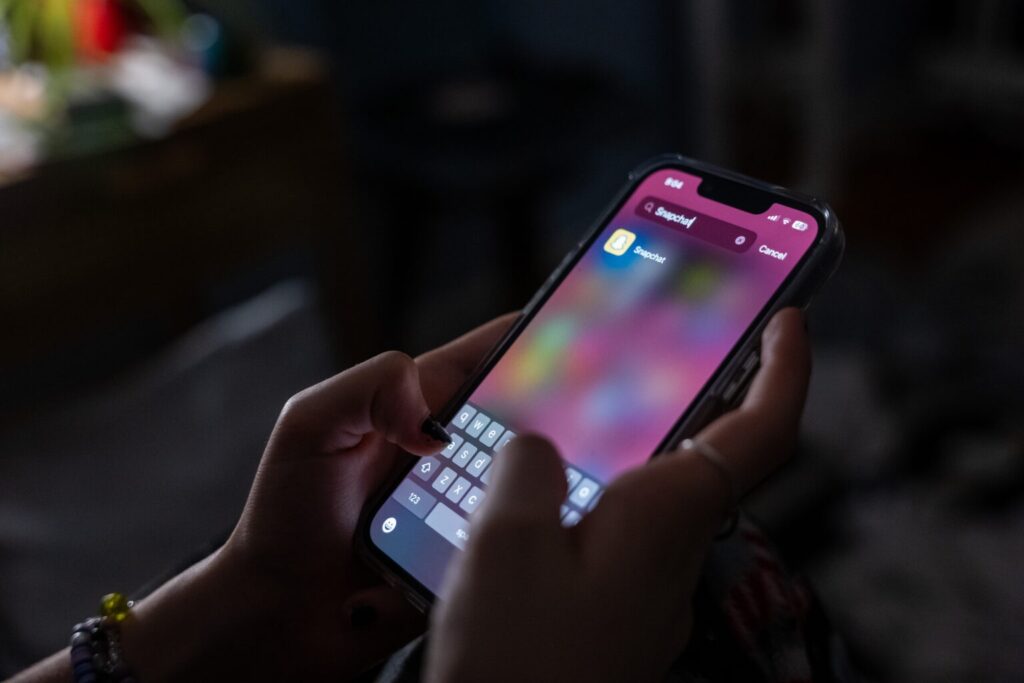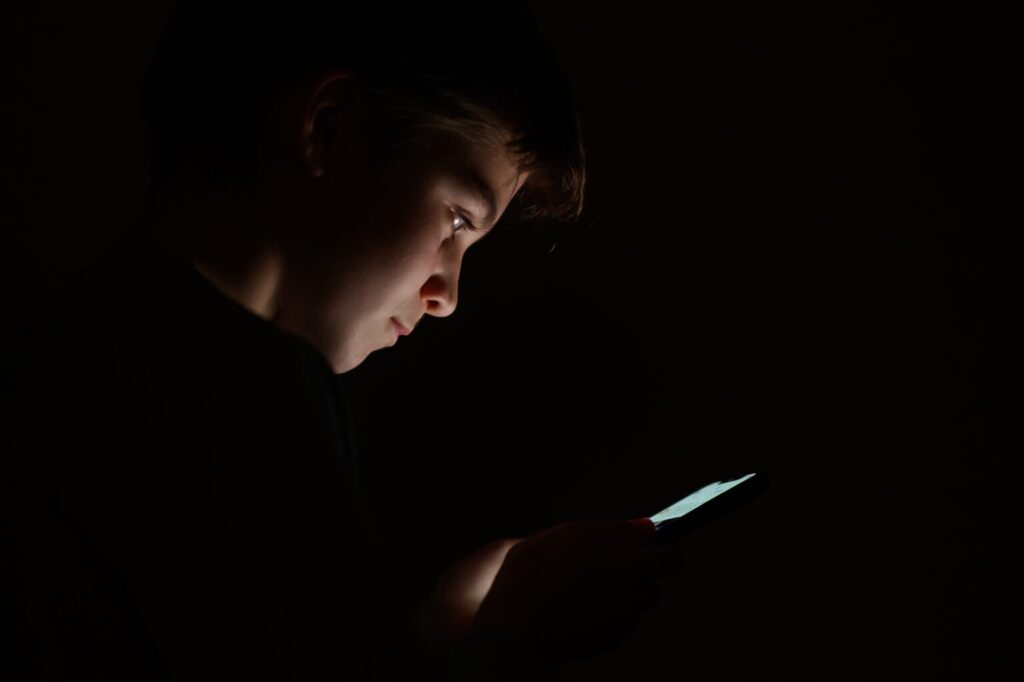In North Carolina, mom Laura Muse has a routine of monitoring her teenage son Cohen’s screen time. Every night, around 11:30 pm, she tucks him into bed and takes away his cellphone for the night.
Laura, who is a mental health clinician and pays for her children’s phones, believes she has the right to check their devices whenever she wants.
Laura’s actions have sparked debate. While some criticize her for invading her children’s privacy, Laura sees it as responsible parenting.

She’s not alone; many parents share similar approaches under the hashtag #RaisingTeens, using various methods like GPS tracking and reviewing texts to supervise their teenagers online.
Laura started monitoring her children’s phones when they were 11 years old. Initially, she did random weekly checks, but as her kids grew older, she does it less often.
She trusts her children but believes monitoring helps prevent them from engaging in inappropriate activities and protects them online.
Her interventions have sometimes revealed concerning behavior, like her son posting inappropriate content. Laura addresses these issues directly, turning them into teachable moments.

She emphasizes open communication and setting boundaries to guide her children’s technology use.
Not everyone agrees with Laura’s approach. Some criticize parents who check their children’s phones, saying it’s disrespectful and doesn’t respect boundaries.
In Laura’s household, her children appreciate her involvement in their digital lives. She sees her actions not as a breach of privacy but as a way to nurture and protect her children in today’s digital world.


